It is amazing how time flies. I just realised that it is almost one year since my last post. Time has gone so fast, it is incredible. It seems yesterday that we were celebrating the end of the Qatar 2022 World Cup, 2023 came and went incredibly quickly.
Work has been manic as always. A lot of exciting projects conducted, new services added to the hospital and many projects completed and published.
Below a list of papers published in 2023. All work hopefully contributing to advance knowledge in the field. Very importantly, 3 key papers from our services during the FIFA World Cup. For the first time in history one hospital delivered all services to athletes and delegations during a Football World Cup and we have published the data to help future events planning. The papers are all open access, so just click on the links and download/read them.
Management of radiology services during the 2022 FIFA football (soccer) World Cup.
Bordalo M, Evans T, Allenjawi S, Targett S, Dzendrowskyj P, Al-Kuwari AJ, Cardinale M, D’Hooghe P.Skeletal Radiol. 2023 Nov 9. doi: 10.1007/s00256-023-04486-2. Online ahead of print.PMID: 37943308 Review.3CiteShare
Medical services at the FIFA world cup Qatar 2022.
Schumacher YO, Kings D, Whiteley R, Dharman A, Taqtaq G, Mc Court P, Alkhelaifi K, Targett S, Holtzhausen L, Pieles GE, Dzendrowskyj P, Zikria BA, Bordalo M, Al Hussein I, D’Hooghe P, Al-Kuwari A, Cardinale M.Br J Sports Med. 2023 Oct 27:bjsports-2023-106855. doi: 10.1136/bjsports-2023-106855. Online ahead of print.PMID: 37890964 Free article.4CiteShare
Bordalo M, Serner A, Yamashiro E, Al-Musa E, Djadoun MA, Al-Khelaifi K, Schumacher YO, Al-Kuwari AJ, Massey A, D’Hooghe P, Cardinale M.Skeletal Radiol. 2023 Sep 16. doi: 10.1007/s00256-023-04451-z. Online ahead of print.PMID: 377158195CiteShare
Boccia G, Brustio PR, Rinaldi R, Romagnoli R, Cardinale M, Piacentini MF.PLoS One. 2023 Jul 18;18(7):e0288594. doi: 10.1371/journal.pone.0288594. eCollection 2023.PMID: 37463153 Free PMC article.6CiteShare
Aylwin P, Havenith G, Cardinale M, Lloyd A, Ihsan M, Taylor L, Adami PE, Alhammoud M, Alonso JM, Bouscaren N, Buitrago S, Esh C, Gomez-Ezeiza J, Garrandes F, Labidi M, Lange G, Moussay S, Mtibaa K, Townsend N, Wilson M, Bermon S, Racinais S.J Appl Physiol (1985). 2023 May 1;134(5):1300-1311. doi: 10.1152/japplphysiol.00348.2022. Epub 2023 Apr 6.PMID: 37022963 Free PMC article.7CiteShare
Dijkstra HP, Mc Auliffe S, Ardern CL, Kemp JL, Mosler AB, Price A, Blazey P, Richards D, Farooq A, Serner A, McNally E, Mascarenhas V, Willy RW, Stankovic I, Oke JL, Khan KM, Glyn-Jones S, Clarke M, Greenhalgh T; Young Athlete’s Hip Research (YAHiR) Collaborative.Br J Sports Med. 2023 Mar;57(6):382-384. doi: 10.1136/bjsports-2022-106094. Epub 2023 Jan 17.PMID: 36650034 Free PMC article. No abstract available.8CiteShare
Dijkstra HP, Mc Auliffe S, Ardern CL, Kemp JL, Mosler AB, Price A, Blazey P, Richards D, Farooq A, Serner A, McNally E, Mascarenhas V, Willy RW, Oke JL, Khan KM, Glyn-Jones S, Clarke M, Greenhalgh T; Young Athlete’s Hip Research (YAHiR) Collaborative.Br J Sports Med. 2022 Dec 6;57(6):342-58. doi: 10.1136/bjsports-2022-106092. Online ahead of print.PMID: 36588402 Free PMC article.9CiteShare
Dijkstra HP, Mc Auliffe S, Ardern CL, Kemp JL, Mosler AB, Price A, Blazey P, Richards D, Farooq A, Serner A, McNally E, Mascarenhas V, Willy RW, Oke JL, Khan KM, Glyn-Jones S, Clarke M, Greenhalgh T; Young Athlete’s Hip Research (YAHiR) Collaborative.Br J Sports Med. 2022 Dec 6;57(6):325-41. doi: 10.1136/bjsports-2022-106085. Online ahead of print.
We also delivered an incredible amount of educational activities and contributed to national and international conferences. As usual, many of our educational offerings are available on your youtube channel. I had the chance to travel to South Africa for the annual meeting of the IOC research centres and contribute to further discussion and advancements on injury and illness prevention in Sport. It is always great to be part of such an incredible community trying to advance the knowledge in this field. Hopefully 2024 will see more collaborative projects between our institutions.
This year I also joined the Wellness Foundation as a member of the scientific advisory board. This is a project I am very passionate about, as the mission of the organisation is to encourage the wellness culture, contribute to the education of practitioners and individuals involved in delivering exercise as an intervention to improve people’s health and hopefully develop research projects to advance knowledge and increase the uptake of exercise in various communities. We had a great event in Italy at the Technogym HQ, the 25th wellness congress which attracted may GPs and operators in the wellness world. The details of the event are here. Few weeks later, the Wellness Foundation also launched the publication ‘Exercise is Medicine’. The new edition was released by the Wellness Foundation, with the support of Technogym, global partner of Exercise is Medicine – an initiative of the American College of Sports Medicine, and was supported by THiNKactive, EuropeActive‘s research center, and the Research Centre for Sport Sciences department of King Juan Carlos University. Hopefully this publication will reach many GPs and more patients will be prescribed wih exercise to improve their health.
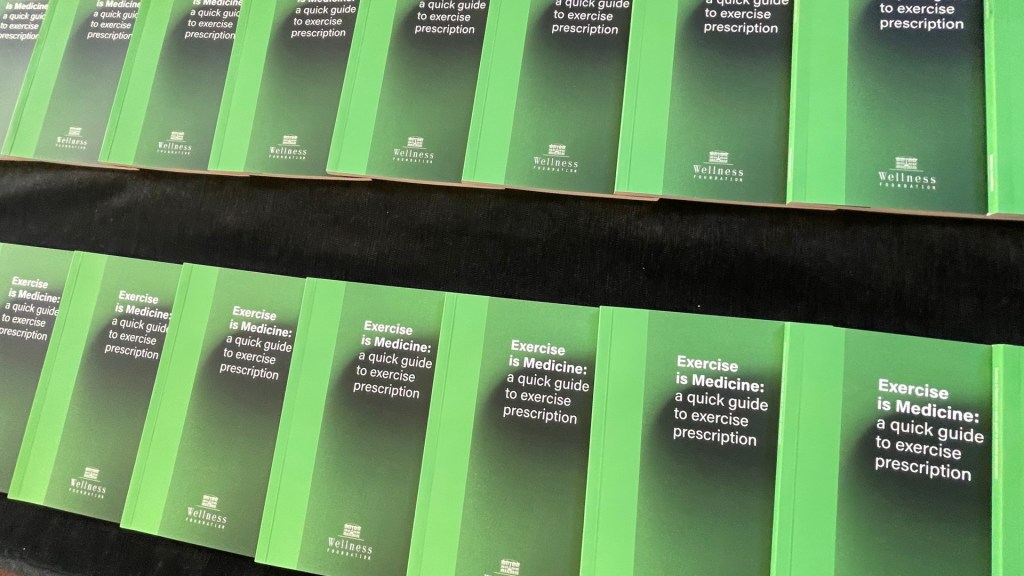
Despite the work and life challenges, I continued training for triathlons and finally managed to compete in a 70.3 Ironman. The race I was signed up for as a 50th birthday present from my wife was in Bahrain in December. I had a few hiccups training for it due to health and logistics challenges and also a calf strain 13 days before competition. However, I managed to complete the race with an excellent 5h 48min and 17s (for my standards and my injury situation) and enjoyed the course greatly. Swimming in the Reef Island for 1.9km, followed by an iconic 90Km Bike Ride seeing the Bahrain World Trade Center and riding in the F1 circuit, to then finish with 21km run in Reef Island. Hopefully health will still be on my side next year and I hope to do more events with shorter distances and possibly another 70.3 somewhere else in the World.
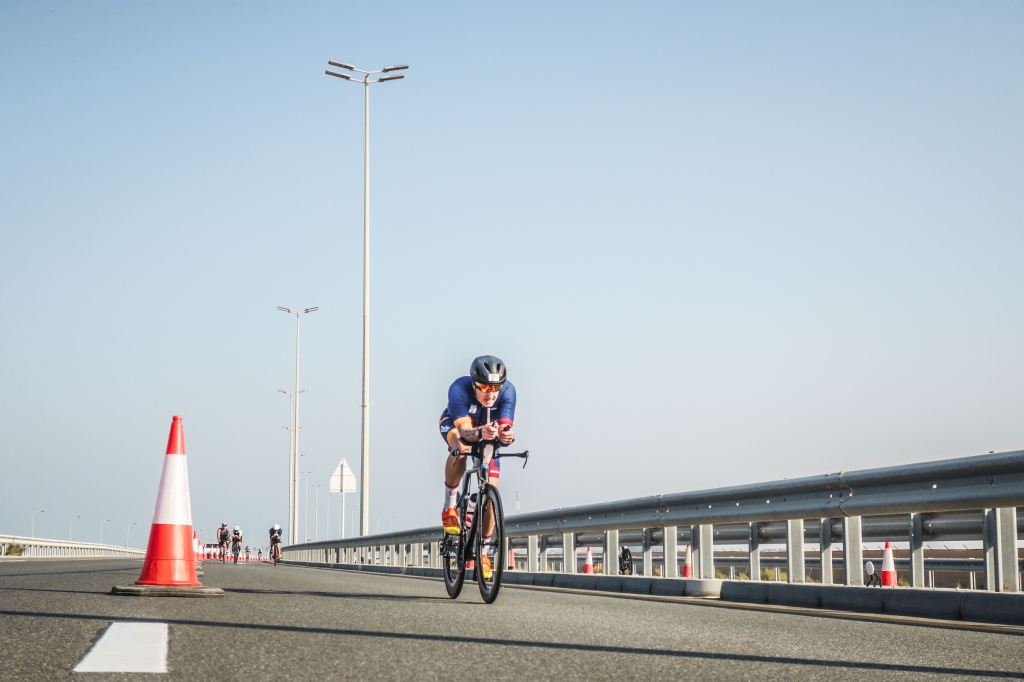

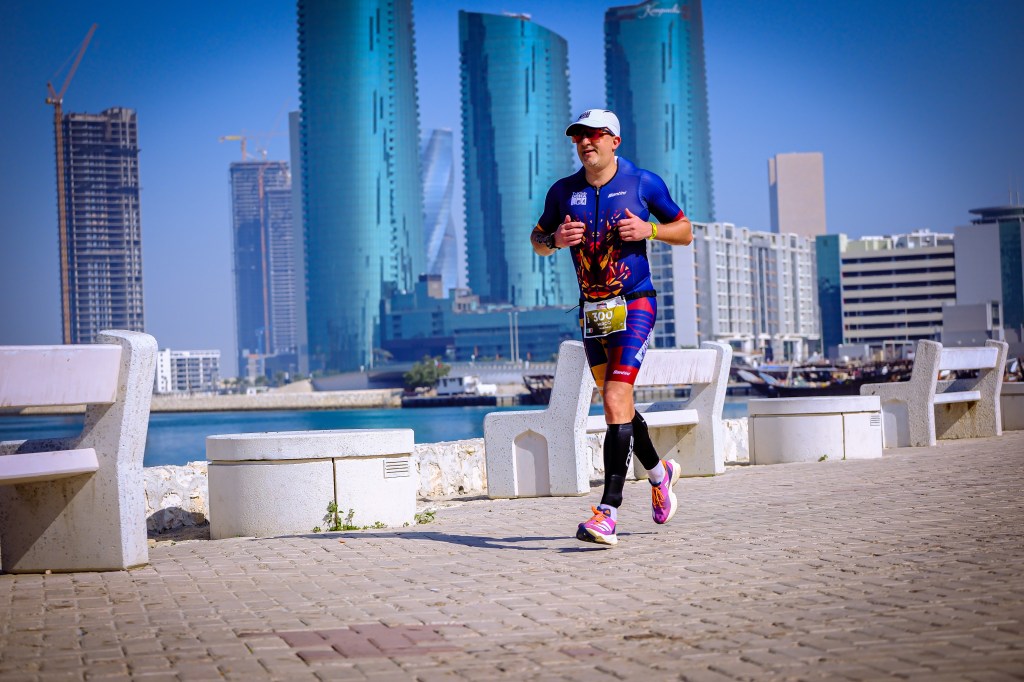










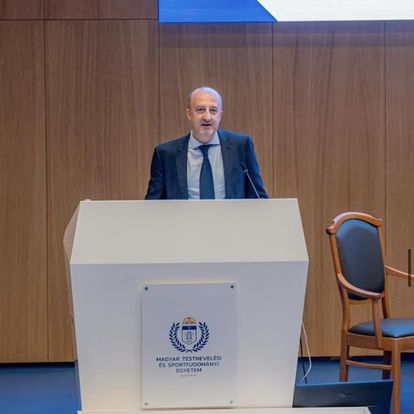
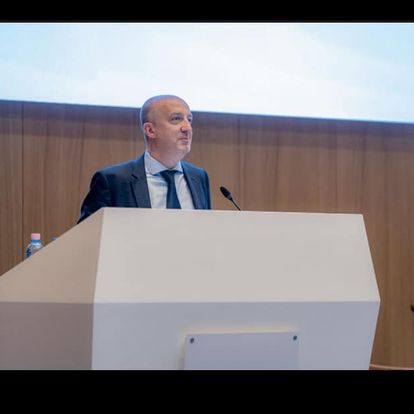

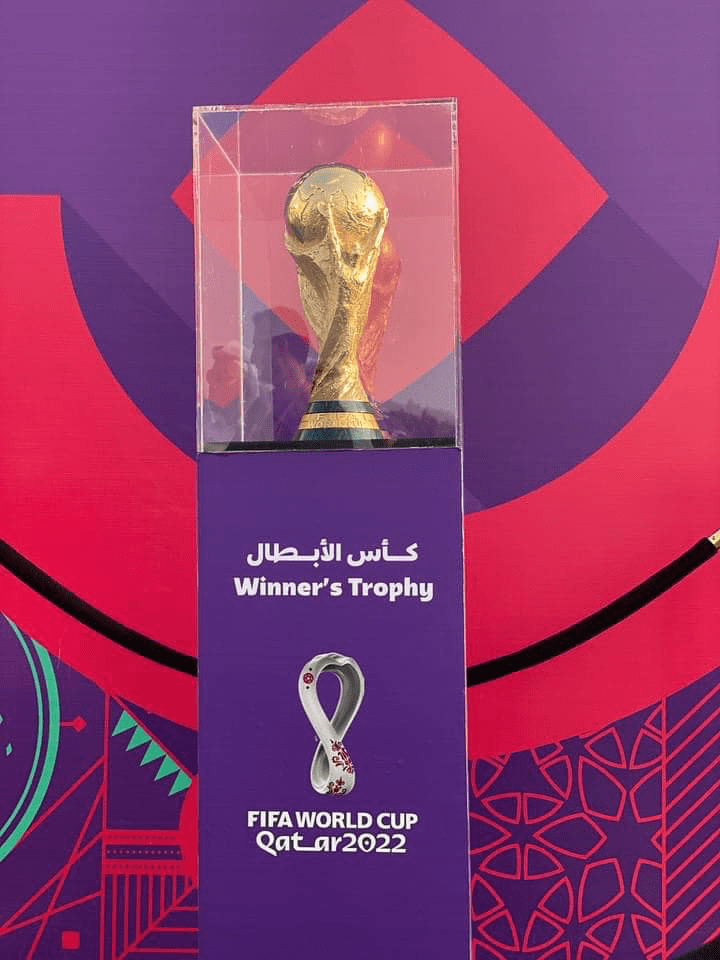



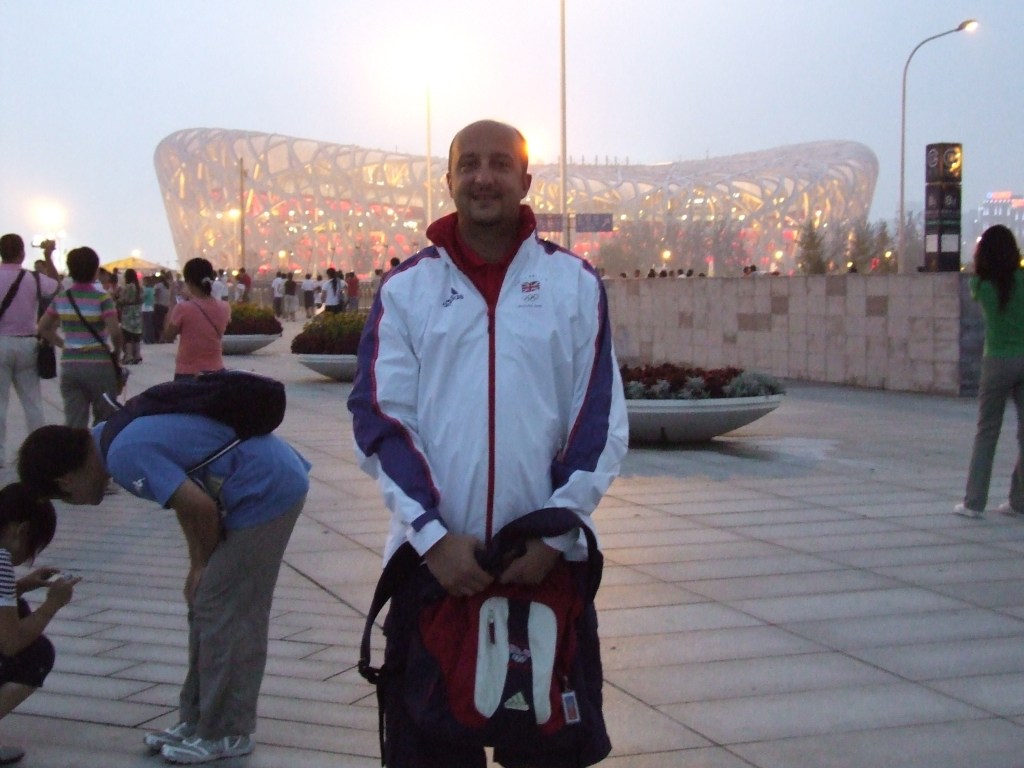
You must be logged in to post a comment.